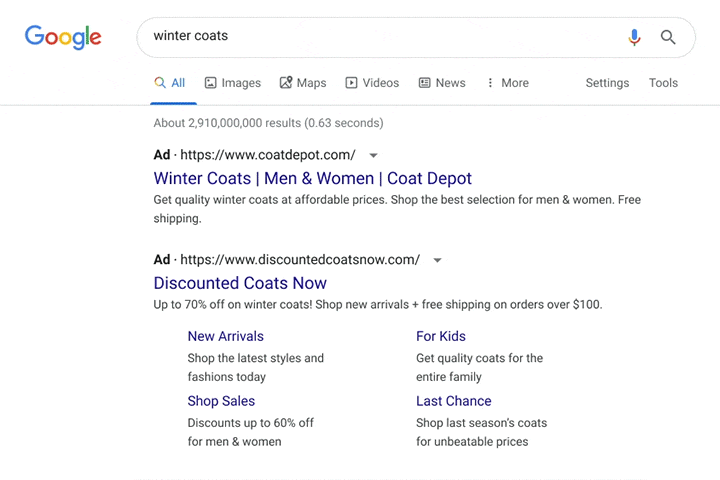
Key Takeaways
- Advertised Identity Verification on Google Ads – Google Ads now mandates identity verification for advertisers, requiring documentation to prove identity and geographic location. This move aligns with their previous policy updates on political advertisement identification and aims to enhance transparency and accountability.
- Rollout and Compliance – The verification program has commenced in the US and will expand globally, covering Search, Display, and YouTube platforms. Advertisers, especially in targeted industries, must adhere to the new requirements within 30 days of notification to prevent ad suspension. Agencies representing clients can submit verification on their behalf, ensuring continued advertising compliance.
A Change That Won’t Surprise Some
In a new move from the tech giant, Google has announced that advertisers using Google Ads will now need to supply their geographic location as well as documentation to prove their user identity. As a follow-on to their 2018 policy update that all political advertisement required identification, this change won’t come as a surprise to some.
What Will Advertisers Need To Provide?
Under these new requirements, advertisers will be required to provide several details. This will include identification for both themselves and any businesses they are representing, the geography in which they are operating and any additional identification measures as required.
When Will The New Requirements Come Into Effect?
Google’s new verification program has already begun to roll out across the US, but will soon go global. These requirements will apply to Search and Display in addition to the YouTube platform. While Google has mentioned it, it may take a few years before it’s rolled out globally, that’s what they are working towards.
Google has confirmed that specific industries are being targeted first in this rollout, and those businesses will be notified as soon as possible. Once notified, they will have 30 days to update Google with the required verification information. Failure to provide this will result in ads being stopped.
For agencies and freelancers representing a company for Google Ads, submission can be made for their clients, and the company name will remain as the name of the advertiser overall.
While you’re here, why not check out our blog post on the 8 common Google Ads mistakes to avoid.
Frequently Asked Questions
What Information Do Advertisers Need to Provide for Google Ads Identity Verification?
Advertisers must furnish identification for themselves and the businesses they represent, along with their geographic location. Additional identification measures may also be required to comply with Google’s new verification program.
When Will Google’s New Identity Verification Requirements Take Effect?
Google’s identity verification program has already started in the US and will expand globally to cover Search, Display, and YouTube platforms. While the rollout may take some time to reach all regions, targeted industries will be notified promptly. Advertisers have a 30-day window to provide the necessary verification information to avoid ad suspension.
How Does Google Ads Identity Verification Affect Advertisers?
Google Ads now requires advertisers to verify their identity and location with documentation, aligning with efforts to enhance transparency. Advertisers must promptly submit verification details to avoid ad suspension, potentially impacting campaign performance. Verification fosters trust, potentially boosting credibility and engagement for verified advertisers.




